The Goddess Sif legacy has been overshadowed by that of her husband Thor in recent years, but she remains a cornerstone in the Norse faith. Sif is today more commonly known as wife of Thor, but she is also an important deity, the Goddess of wheat, fertility and family.

The two main texts that depict Sif are the Poetic Edda and the Prose Edda, some of the best known traditional sources on Norse religion. She is described as a beautiful woman with hair as golden as the sun. Her name means “relation to marriage” and she was associated with family, caregiving and fertility.
Author Viktor Rydberg speculates in his Teutonic Mythology that Thor was the second husband of the Goddess Sif. The author claims that her first husband was the Jotunn Egill-Örvandill, and that together they sired Ullr, the God of the Hunt, winter and skiing. This subject is controversial, but in chapter 31 of the Prose Edda book Gylfaginning, Ullr is referred to as a son of Sif and a stepson of Thor, which could potentially corroborate that.
Thor was also married before, with the Jotunn Jarnsaxa, with who he had two sons, Modi (Courage) and Magni (Strength).
The couple Thor and Sif had a daughter together, called Þrúðr (anglicized: Thrudr). It is unknown if they are the same, but Þrúðr is also the name of one of the Valkyries who serve ale to the Einherjar in Valhalla (Grímnismál, stanza 36).

Valkyrie and a Dying Hero by Hans Makart, c.1877.
There are many tales involving the Goddess Sif, but her roles are usually passive. This isn’t to say that she wasn’t an important Goddess. Her importance to Norse religion is mainly in her symbolic contributions. The most famous tale involving the Goddess Sif regards her hair.
The Goddess Sif is incredibly beautiful. Her most famous physical attribute was her long and thick hair that was the most perfect shade of gold. It flowed far down her back and always appeared to be flawless.
It is said that her long golden hair represented wheat and she was responsible for the Norse people’s crops. She would travel, seeking families and farms, where she would protect the crops from the cold winds and winters. Wheat is the most common cereal used in making bread, which was and still remains a staple of nutrition no the north, thus proving the great importance of the Goddess.
Sif would brush her hair with a comb encrusted in jewels and wash it in sparkling streams. To get it to dry, she would lay it out on rocks and let the sun’s warmth speed up the process. It was on one of these days that she fell asleep while waiting for her hair to try. Loki, the God of mischief, had cast a spell on her so that he would be able to play with her hair.

How Loki wrought mischief on Asgard (1920) by Willy Pogany
Thor, Sif’s husband, was known for his tough and masculine reputation and he was absolutely in love with his wife. Thor treasured his wife’s hair and would often boast of it whenever given the opportunity. Loki knew this and in an effort to upset the God of Thunder, he chopped off Sif’s hair. Sif was left nearly bald and, when she awoke, she found her hair in piles around her. She burst into tears and they fell onto the ground below, flooding the crop fields that she would protect.
Thor called for his wife but was unable to find her. After searching, he finally heard her whisper his name. She declared that she was ashamed and needed to leave the home of the Gods and go into hiding. She then let her husband see her and he was immediately struck with sadness for his wife’s suffering.
Thor approached the other Gods, demanding that they tell him who did this to his wife. Odin, the chief of the Gods, suggested that it was Loki, as no one else had enough mischief in them to do such a thing. Odin called Loki, who admitted to the crime only after Thor was commanded by Odin to not harm him.
Loki was many things - including for a brief time the mare that gave birth to Odin’s steed, Sleipnir - but the God of mischief was not crazy nor stupid and, fearing for his life, quickly sought to apologize for his prank. To make amends, Loki asked Thor for permission to go see the dwarves, the best blacksmiths in the cosmos, and promised to bring back to Sif a hair even more beautiful than the original one, as well as other treasures for the Gods.
In the realm of the Dwarves, Svartalfheim, Loki met the sons of the dwarf Ivaldi. They not only forged her golden hair for Sif, but also two other treasures: A magical boat, the best of all, able to bend in a pocket and always offering a favorable wind for sailing named “Skidbladnir” (meaning Assembled from Thin Pieces of Wood), and a powerful magical spear, with runes engraved on the tip, the deadliest spear in the universe. Its name is “Gungnir” meaning “Swaying”.
Loki’s mission was a success and he could have returned directly and offered Thor the means to redeem himself. Loki, however, could not resist the urge to stay longer and try to get more treasures forged by these talented dwarves, but this is another tale (read about the creation of Mjolnir here).
Loki brought back to Valhalla Sif’s new golden locks and the Goddess tried them on. With her head full of golden hair once more, the Goddess was satisfied and once again she was able to help the peoples of the north with their crops.
The Goddess Sif is also associated with summer, passion and the sun. Her hair is said to symbolize the crop fields of wheat and the health of her hair is directly related to the strength of the crop. An old tradition says that in order to ask Sif for help, one should bake bread with plenty of grains. Sif is also associated with light, as it is said she was able to control the light in the sky and had a hand in the changing of seasons.
Sources
Simek, Rudolf. 1993. Dictionary of Northern Mythology. Translated by Angela Hall. ISBN-10 0859915131
Jesse Byock (2005) Snorri Sturluson, The Prose Edda. 1st. edition. London, England: Penguin Books Ltd. ISBN-13 978-0-140-44755-2
Anthony Faulkes (1995) Snorri Sturluson, Edda. 3rd. edition. London, England: Everyman J. M. Dent. ISBN-13 978-0-4608-7616-2
Rydberg, Viktor. 1828-1895. Teutonic Mythology. Translated by Anderson, Rasmus Björn, 1846-1936. ISBN-13 978-1373142801



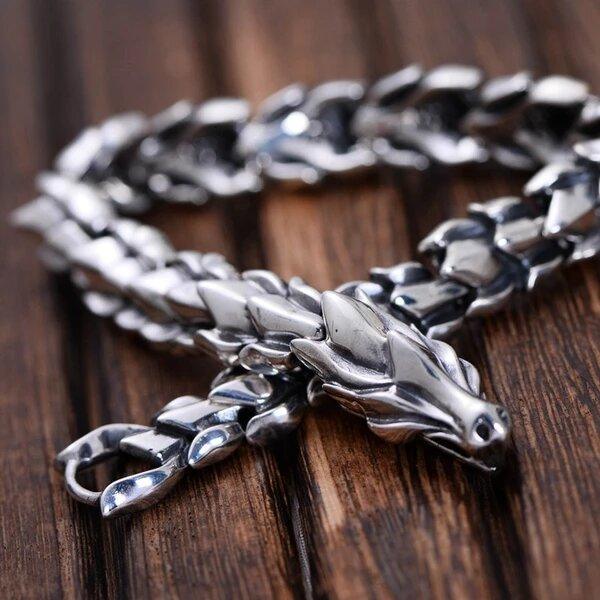
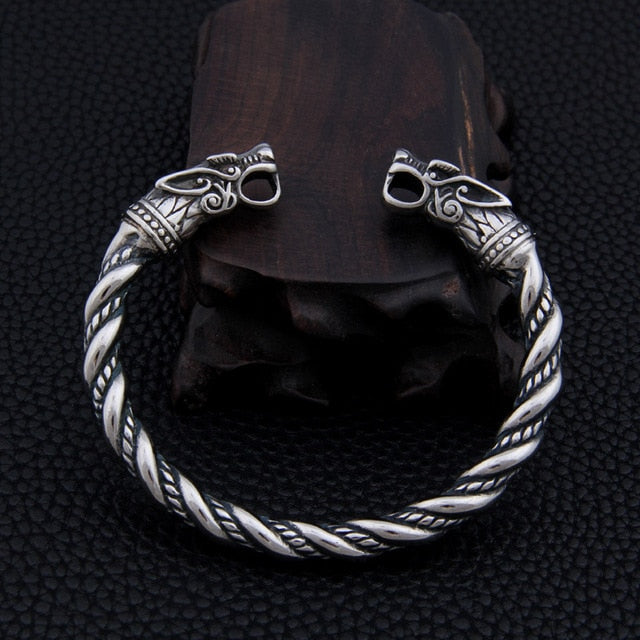
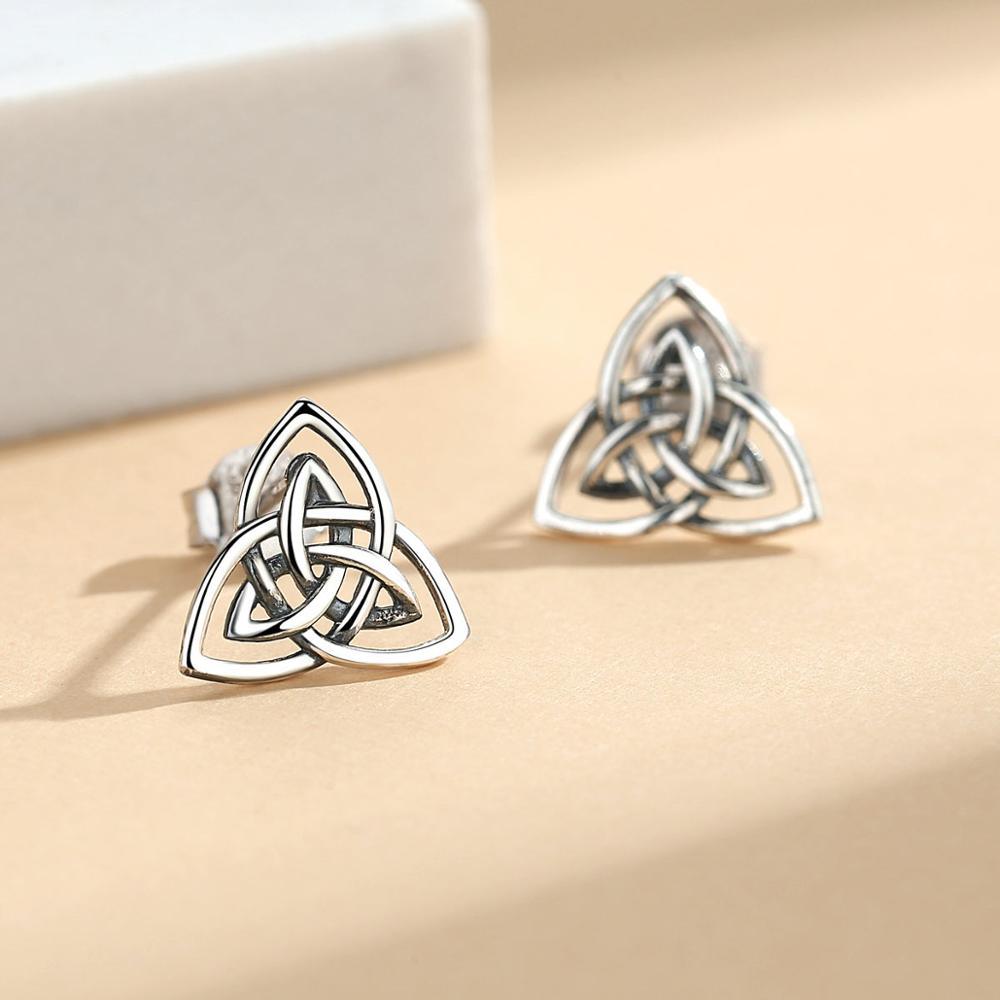
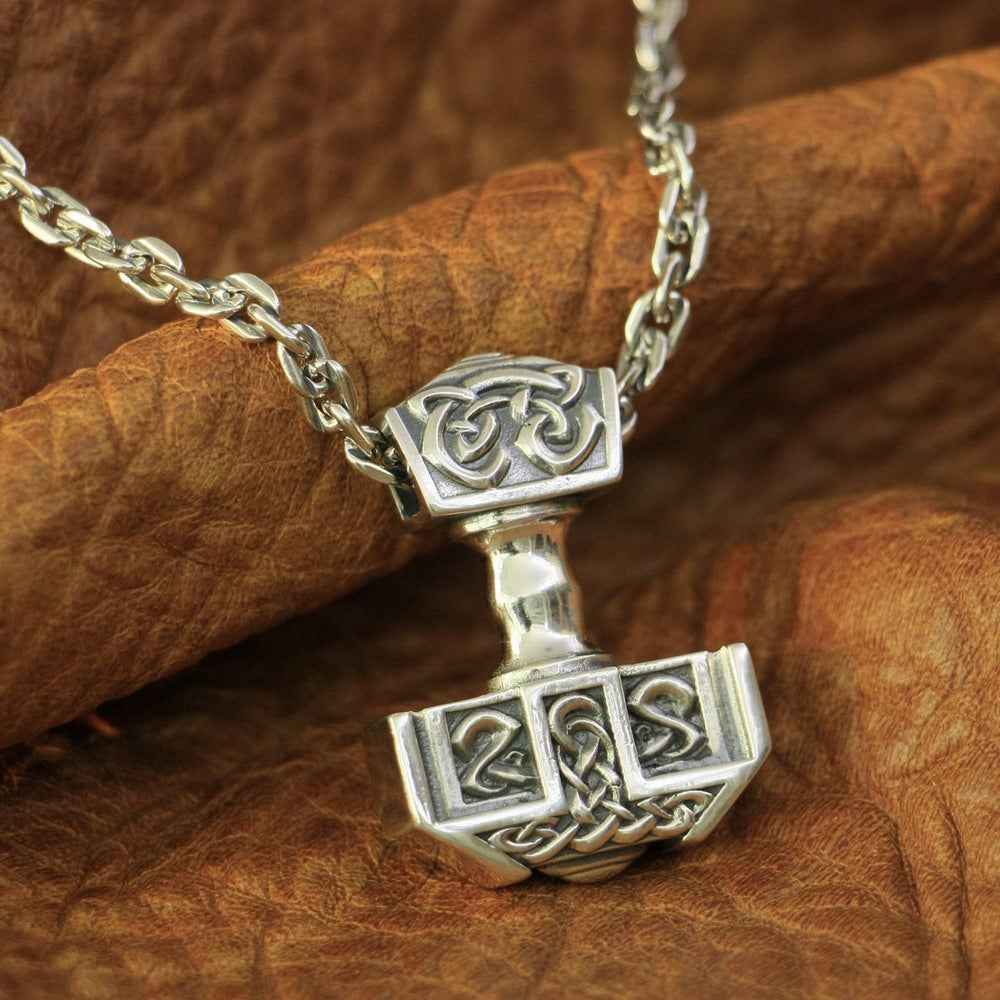
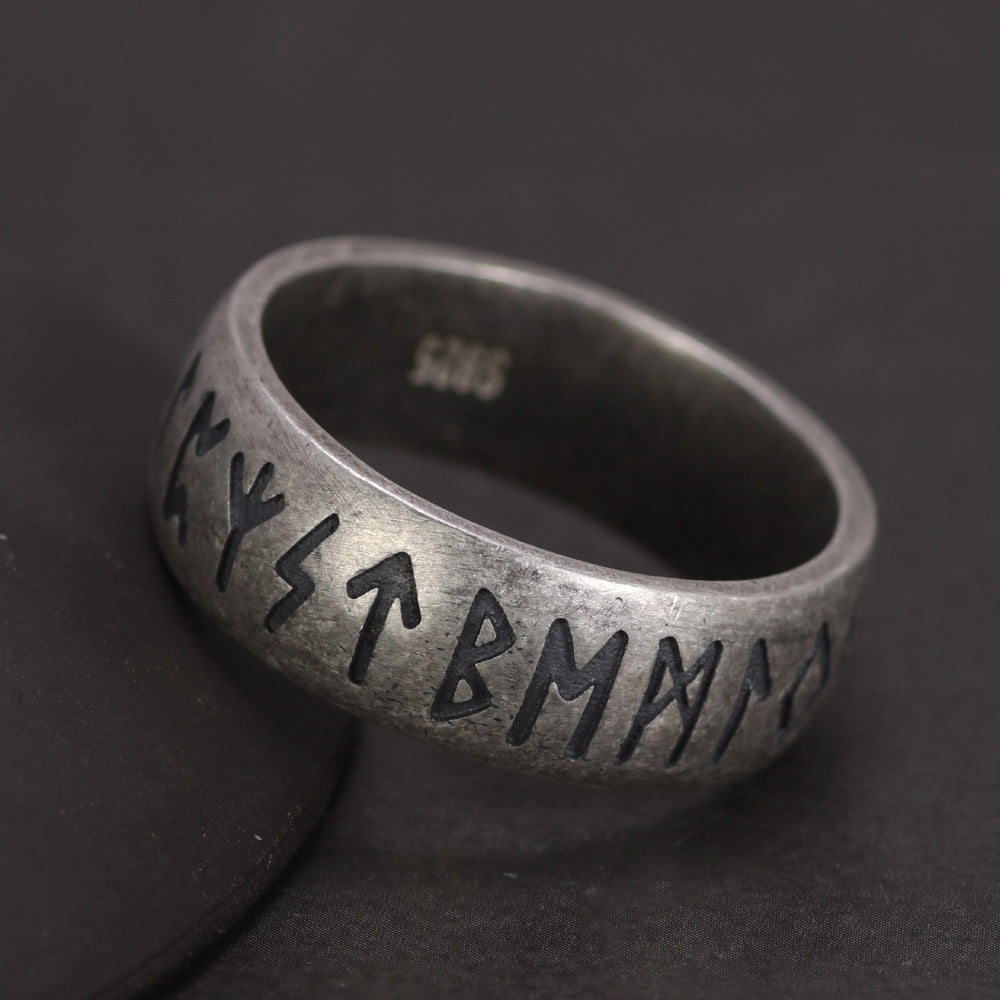


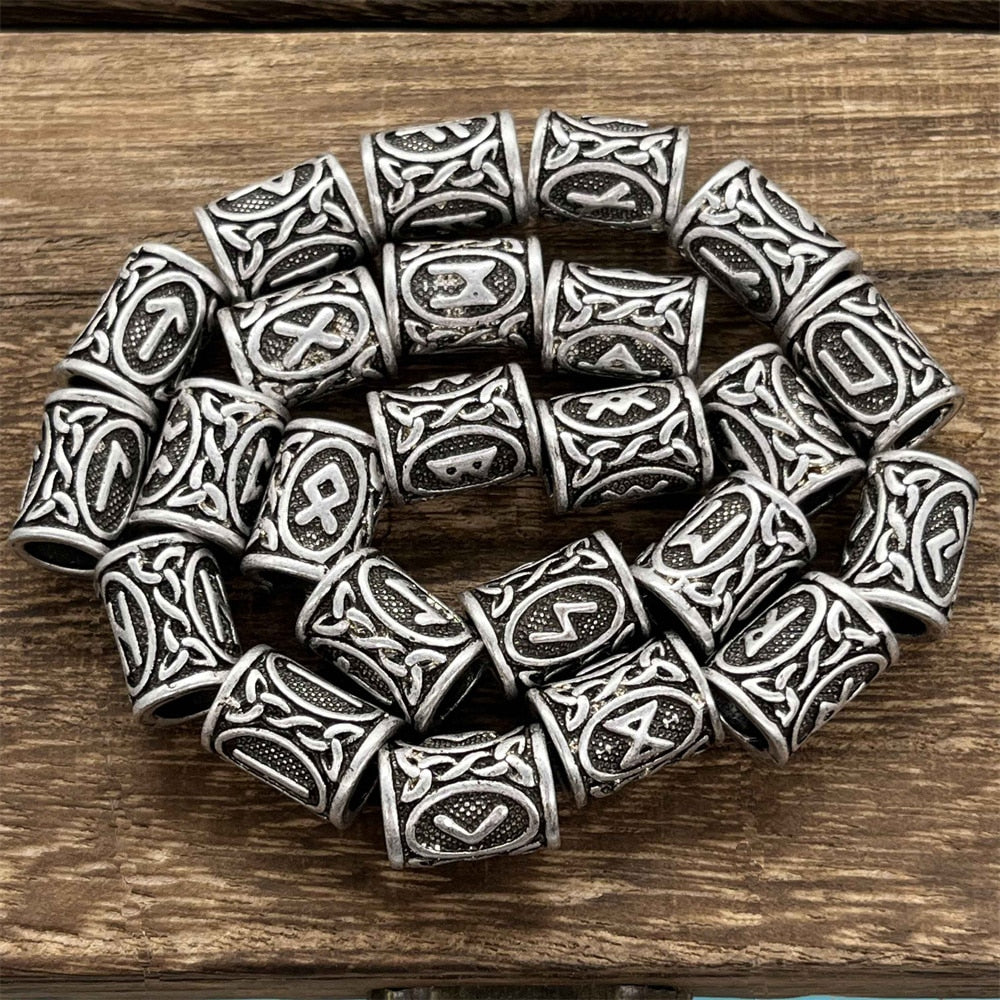
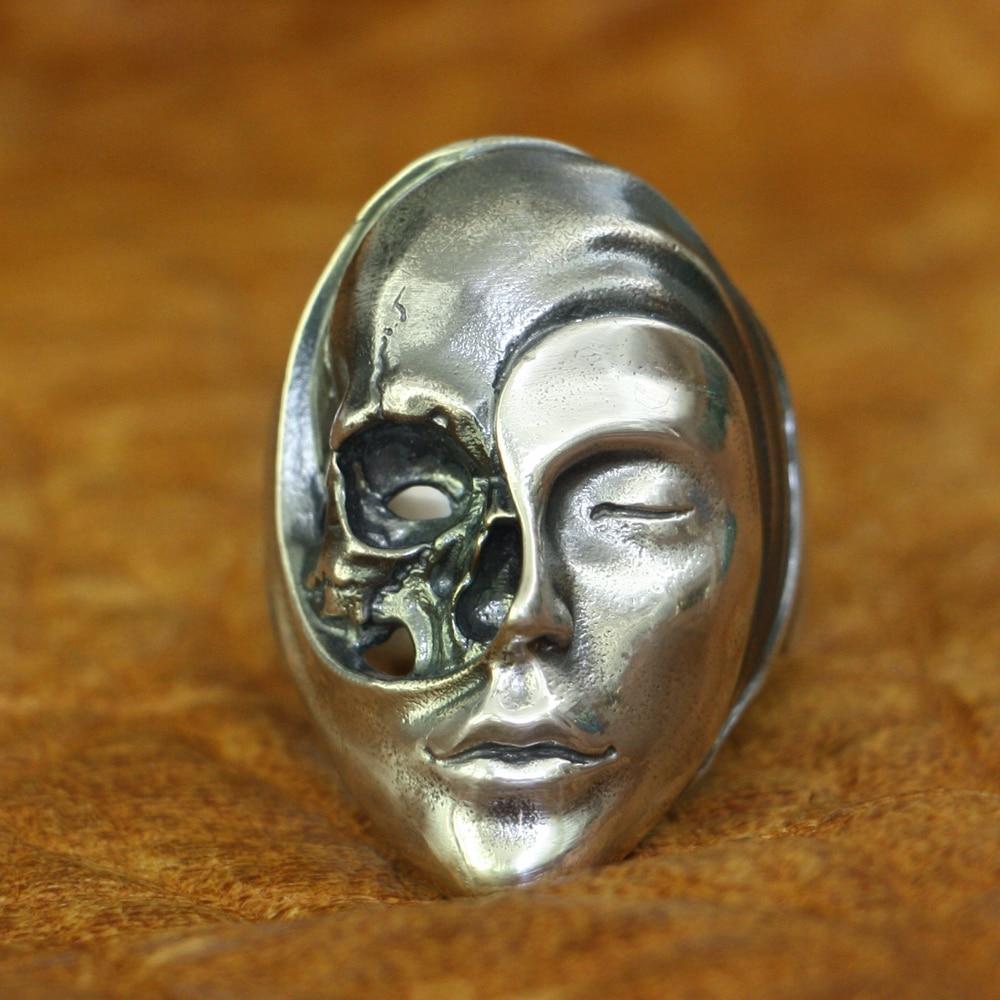
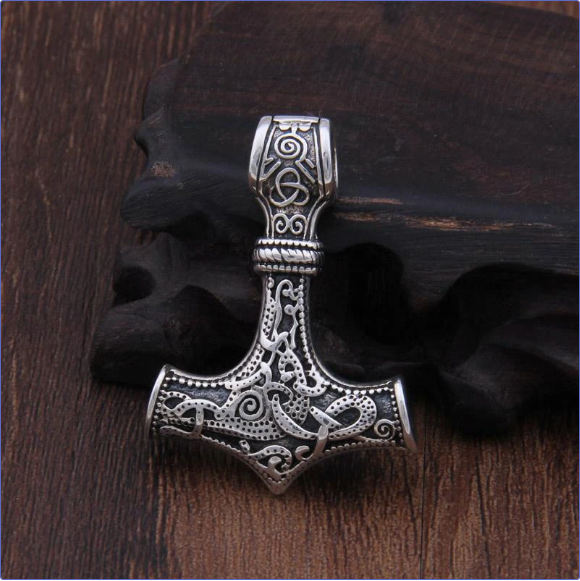
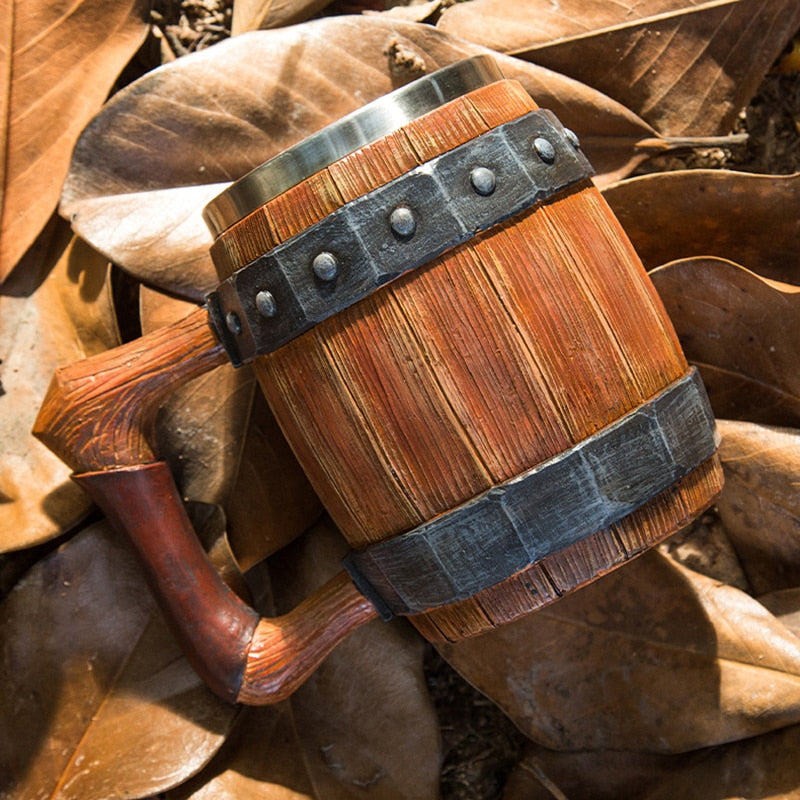
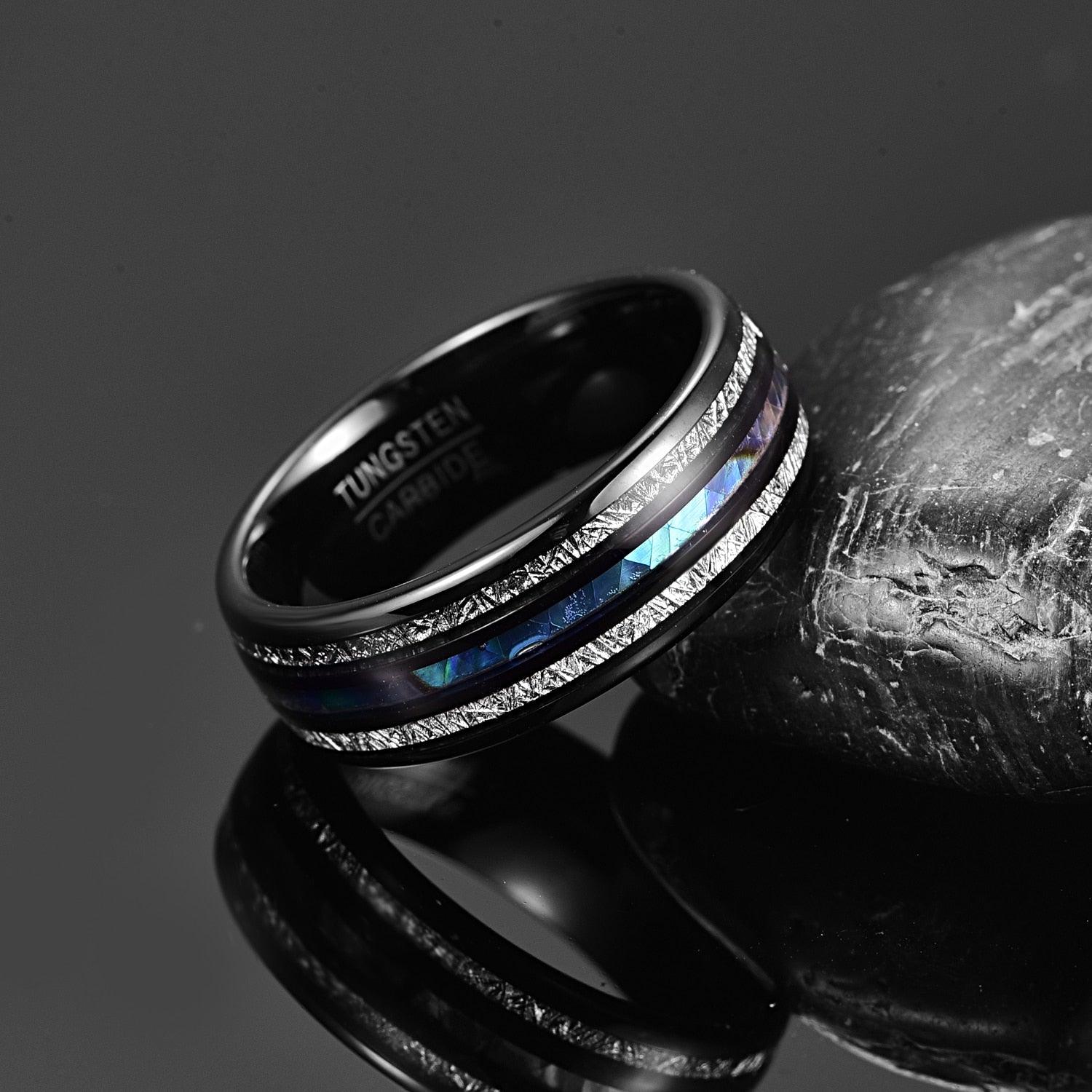
Comment (1)
This was a very interesting and beautiful article! Thank you very much for writing and sharing this knowledge! All the best and plenty of success with your website!